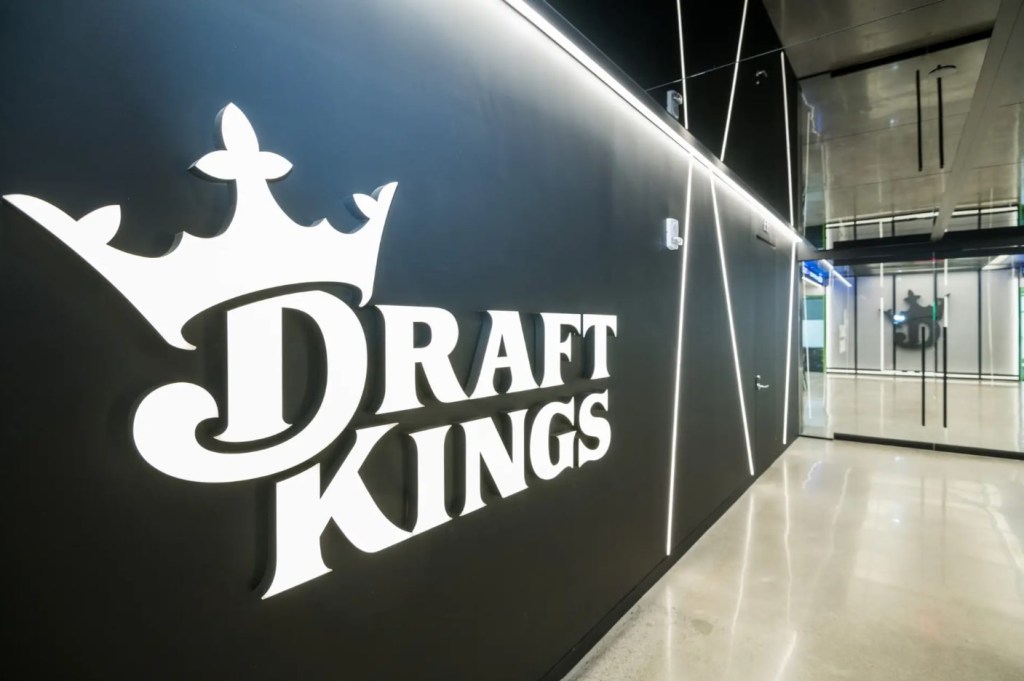The spring of gambling reckoning across the sports industry has hit another major inflection point, signaling that the difficult coexistence between legal betting and league operations isn’t going to fade anytime soon.
MLB suspended five players Tuesday for betting on baseball, including a lifetime ban on Padres infielder Tucupita Marcano (above), with each in the group wagering on major league games in blatant violation of league rules. The penalties closely follow a similar lifetime suspension levied by the NBA on Raptors center Jontay Porter, and federal bank and tax fraud charges on Ippei Mizuhara, the former interpreter for Dodgers superstar Shohei Ohtani—with both of those incidents also happening just in the last two months.
The latest cases continue to show the uneasy relationship between the growth of legal sports betting and leagues working to maintain competitive integrity.
Sports betting overall continues to soar to unprecedented heights, reaching record levels of revenue and total handle in 2023. As nearly every major sports league, including MLB, has built an extensive portfolio of gambling-related business relationships—sparking accusations of hypocrisy among some fans—those leagues have also sought to create a bright line marking what is and isn’t permissible for players.
In the case of MLB, that line includes sacrificing some broader societal rights.
“We have been clear that the privilege of playing in baseball comes with a responsibility to refrain from engaging in certain types of behavior that are legal for other people,” said MLB commissioner Rob Manfred.
MLB learned of the players’ wagering activities primarily from an unnamed, but legal, sportsbook operator.
Terrible Performance
A further tragedy of the five MLB players damaging or throwing away entirely their pro baseball careers to gambling was how poorly they performed in their baseball-related wagers and, in some cases, how small the involved bets were.
Marcano bet more than $150,000 on baseball, with an average of about $378 per bet, and won only 4.3% of those, including losses in all of his parlays involving the Pirates, his former team. Padres minor league pitcher Jay Groome, suspended for a year, bet $453.74 on MLB games and posted a net loss of $433.54, and received payouts for only two of 32 MLB-related bets.
Diamondbacks minor league pitcher Andrew Saalfrank, also suspended for a year, posted a net loss of $272.64 on $444.07 of MLB-related bets and won just five of 28 wagers. A’s pitcher Michael Kelly also received a yearlong suspension for conduct involving just $99.22 worth of bets involving MLB games.
In the end, though, the level of activity was far less of an issue compared to the betting on MLB games at all by these players. Marcano is believed to be the first major leaguer to receive a permanent ban for gambling since Pete Rose agreed to a similar penalty in 1989 for wagering on games as a Reds player and manager from ’85 to ’87.
“The longstanding prohibition against betting on Major League Baseball games by those in the sport has been a bedrock principle for over a century,” Manfred said.
Mizuhara, meanwhile, pleaded guilty Tuesday to the federal charges, and now faces up to 33 years in prison, and also must pay restitution to Ohtani and the IRS. His sentencing is scheduled for Oct. 25.
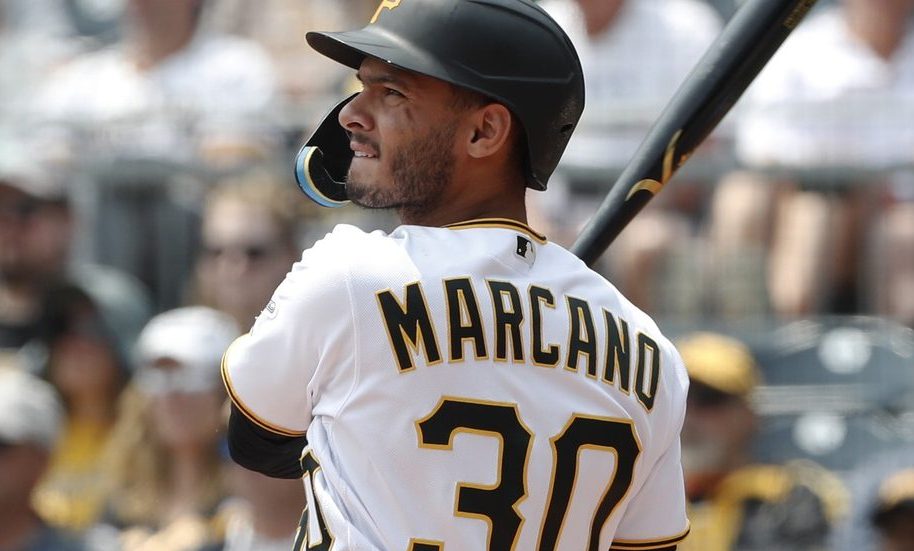
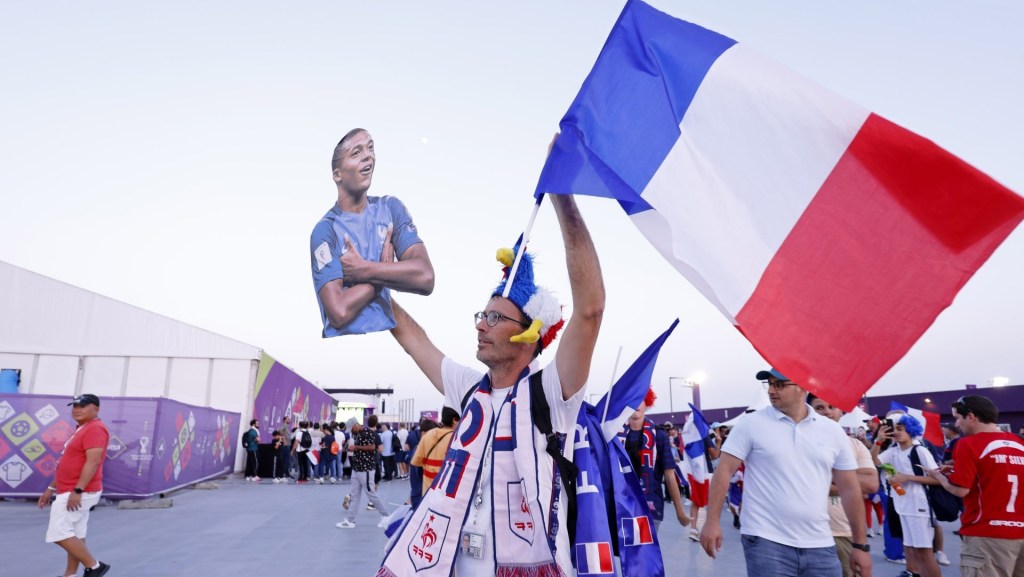
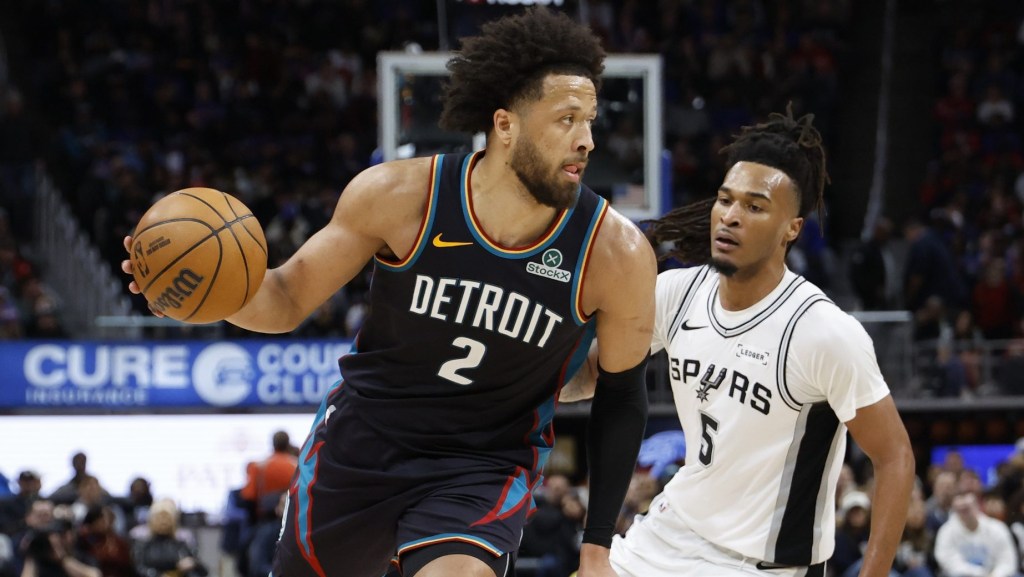
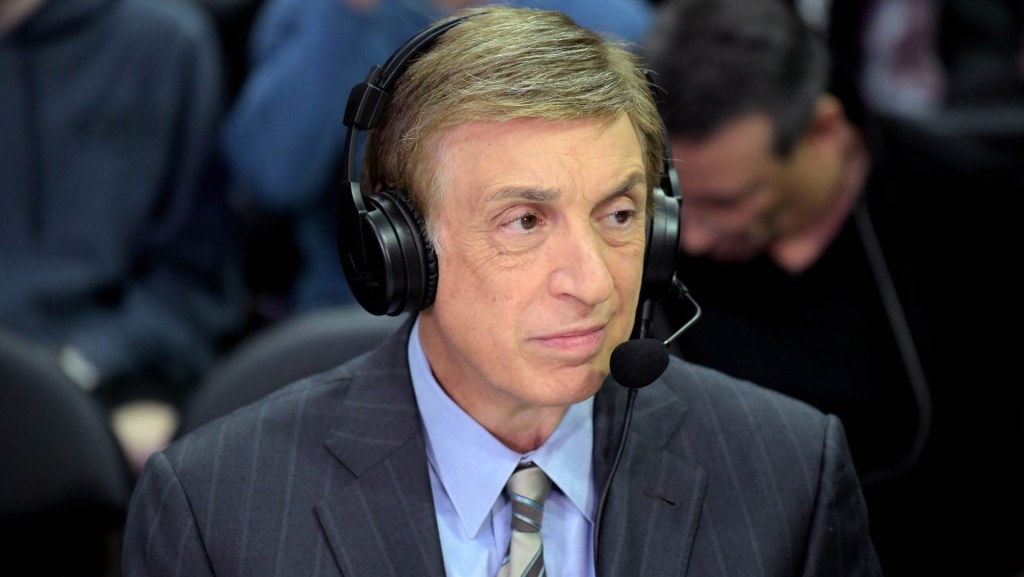
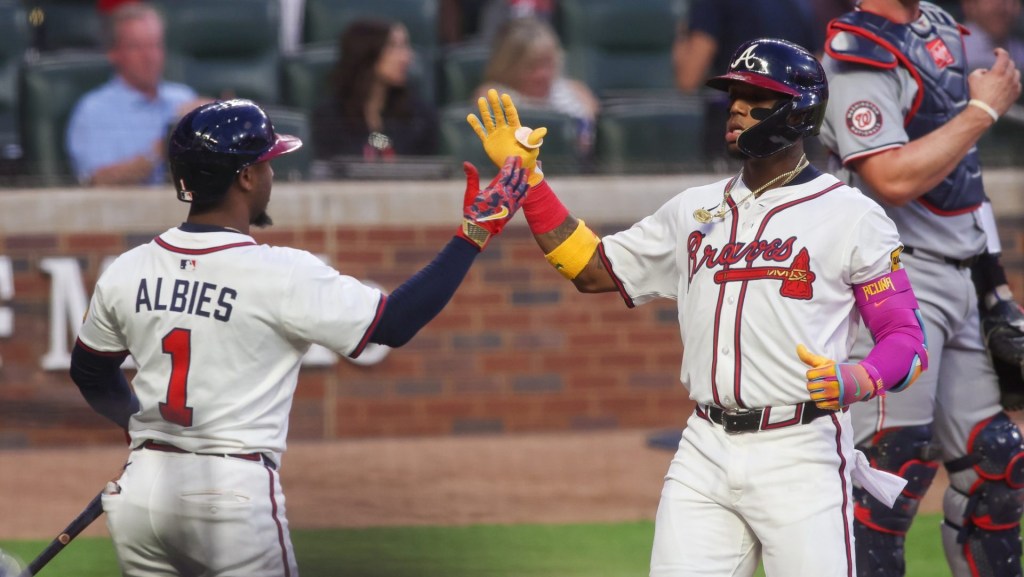
![[Subscription Customers Only] Jul 13, 2025; East Rutherford, New Jersey, USA; Chelsea FC midfielder Cole Palmer (10) celebrates winning the final of the 2025 FIFA Club World Cup at MetLife Stadium](https://frontofficesports.com/wp-content/uploads/2026/02/USATSI_26636703-scaled-e1770932227605.jpg?quality=100&w=1024)




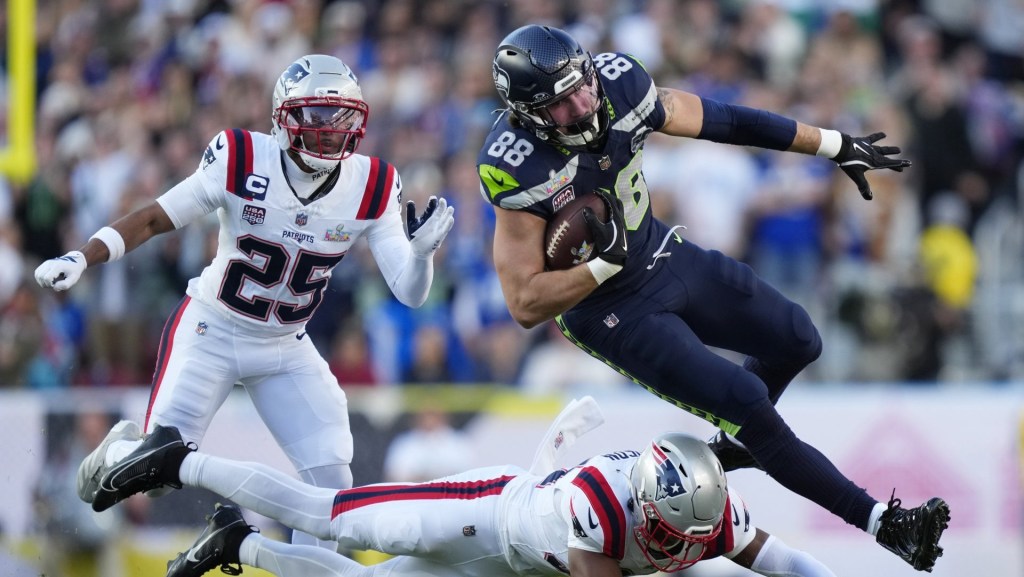
![ESPN Bet broadcasts inside the PGA Tour Studios building in Ponte Vedra Beach, Florida, on March 14, 2025. [Clayton Freeman/Florida Times-Union]](https://frontofficesports.com/wp-content/uploads/2026/02/USATSI_25668497_168416386_lowres-1-scaled.jpg?quality=100&w=1024)


